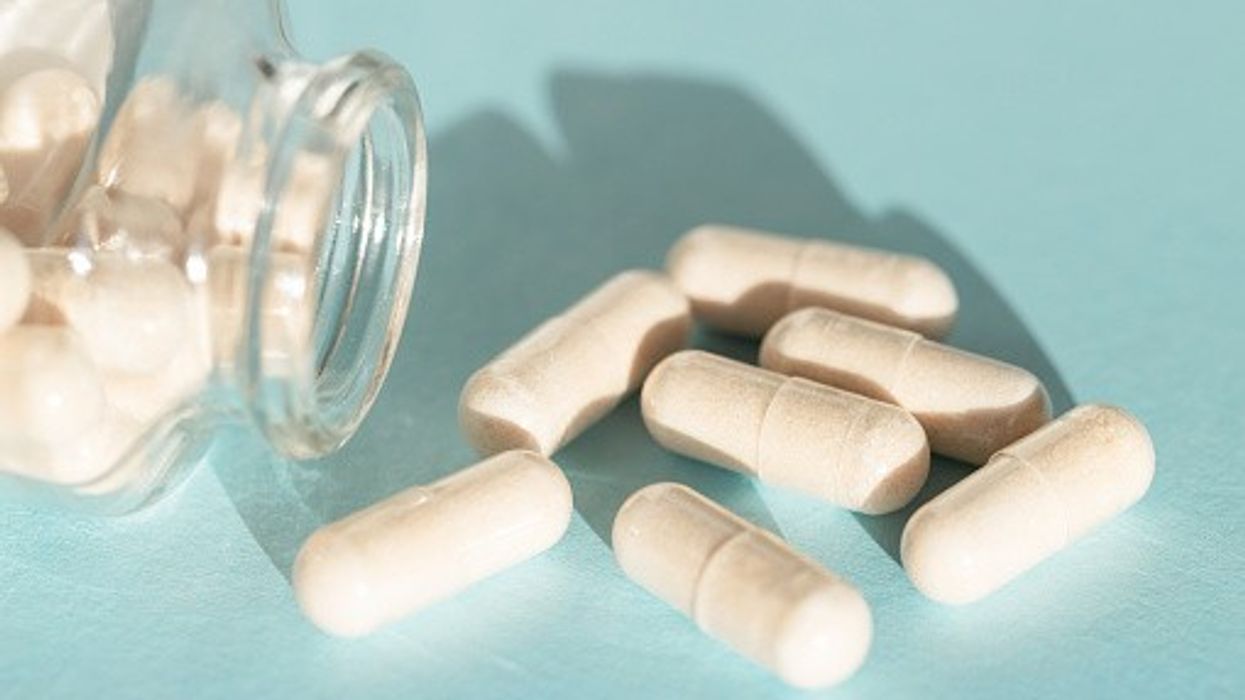Pierre Fabre Limited receives MHRA marketing authorisation for vibegron, Astra Zeneca UK Limited for Capivasertib
The Medicines and Healthcare products Regulatory Agency (MHRA) on Thursday, 17 July 2024, approved two new medications: vibegron (branded as Obgemsa) for overactive bladder (OAB) syndrome, and capivasertib (branded as Truqap) for advanced breast cancer.
Pierre Fabre Limited received marketing authorisation for vibegron following a phase 3 clinical trial that demonstrated its effectiveness in treating OAB symptoms compared to a placebo.
Symptoms of overactive bladder (OAB) syndrome may include a sudden need to empty the bladder (urgency), urinating more frequently (urinary frequency), and urinary incontinence.
The trial showed that daily urination and incidents of incontinence were reduced in patients within two weeks, with the effects of the medicine constant throughout the 12-week period of treatment and maintained after 52 weeks.
Vibegron, the active ingredient in the medicine, is a bladder muscle relaxant (a beta‑3 adrenergic receptor agonist) that reduces the activity of an overactive bladder and treats the related symptoms. It is prescribed as a 75 mg film-coated tablet taken once daily.
Meanwhile, Astra Zeneca UK Limited was granted the marketing authorisation for Capivasertib under the MHRA’s International Recognition Procedure (IRP).
This medicine is approved for patients with advanced hormone receptor (HR) positive, human epidermal growth factor receptor 2 (HER2) negative breast cancer that has one or more abnormal “PIK3CA”, “AKT1”, or “PTEN” gene, and does not respond to other anti-hormonal-based therapies.
Capivasertib, an AKT inhibitor, blocks proteins called ATK kinases that facilitate cancer cell growth and multiplication, thereby reducing the growth and spread of advanced breast cancer and helping to destroy cancer cells.
The medicine is administered orally at a starting dose of 400 mg twice a day for four days, followed by three days of rest, and repeated. It is given in combination with fulvestrant, a hormonal therapy for the treatment of advanced breast cancer.
The approval was based on a clinical trial that showed that patients on capivasertib experienced an average of 7.3 months without cancer progression, compared to 3.1 months for those on a placebo.
According to MHRA, the most common side effects of vibegron include headache, diarrhoea, constipation, nausea, urinary tract infection, and an increase in the amount of urine left in the bladder after voluntary urination.
Potential side effects of capivasertib include high blood sugar, diarrhoea, rash and other skin drug reactions, urinary tract infection, low level of haemoglobin in blood, loss of appetite, nausea, vomiting, mouth sores or ulcers with gum inflammation, itching, and tiredness.













